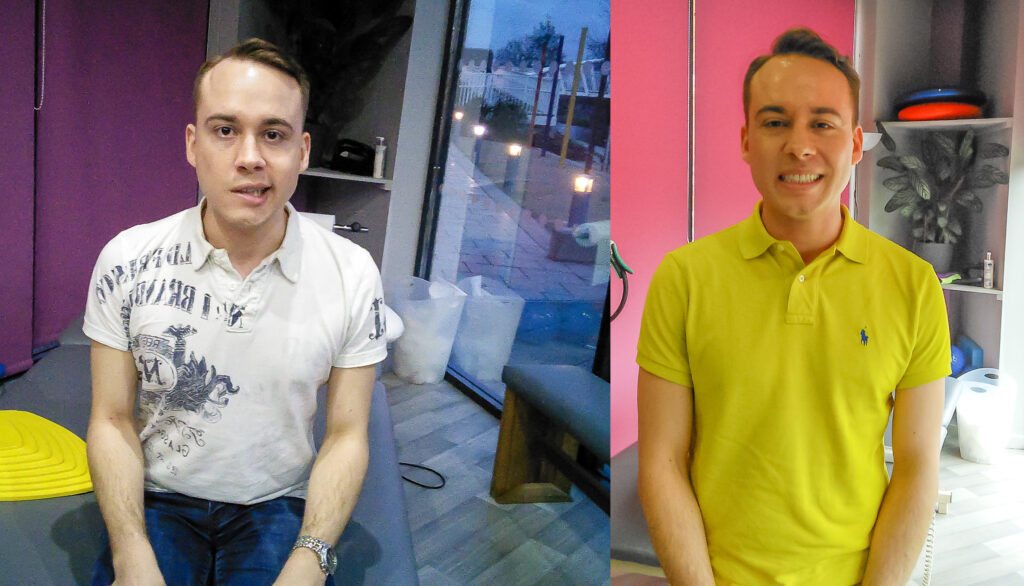FACIAL PALSY
Facial palsy is the most common acute condition involving only one nerve, with Bell’s palsy being the most common cause of acute facial paralysis.
Bell’s palsy is an idiopathic condition, meaning that no conclusive cause has been established. It has not yet been possible to find out why the facial nerve becomes compressed; however, links have been made with viruses (including herpes, influenza and respiratory tract infections), as well as a depleted immune system and stress.
Partial or complete paralysis of (usually) one half of the face (including the inability to close the affected eye), sometimes accompanied by a ‘drooping’ of the affected side of the face, depending on the severity of the nerve damage.
Facial Palsy Treatment
At the Birkdale Paediatric & Adult Neuro Clinic our treatment focus for Bell’s palsy are the following:
- Use of Shiatsu to reduce anxiety levels which are commonly linked to Bell’s Palsy
- Postural education and realignment of the head, neck and body
- Functional Electrical Stimulation to the affected side to work on activation and recruitment of the affected muscles
- Advise on home exercises, eye care and managing dry lips
All of these have provided great success with the people we have treated, all of whom after completing a small number of sessions have walked away with a new found confidence within themselves. Facial Palsy is not a life changing condition but it can deeply affect the person emotionally and we work hard to not only reactivate the facial nerves but rebuild the confidence that the person may have lost.

